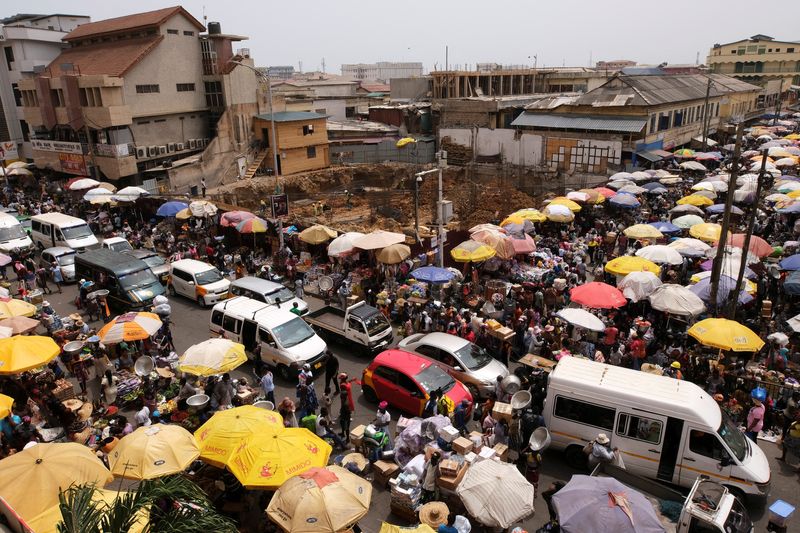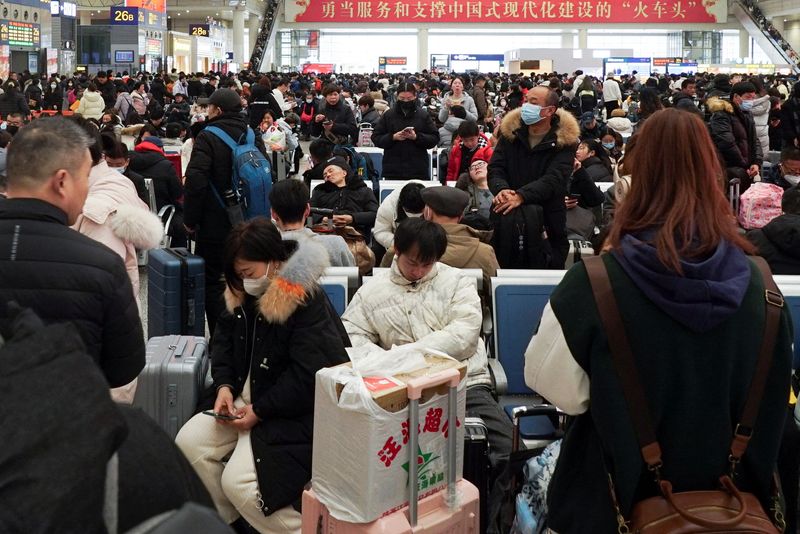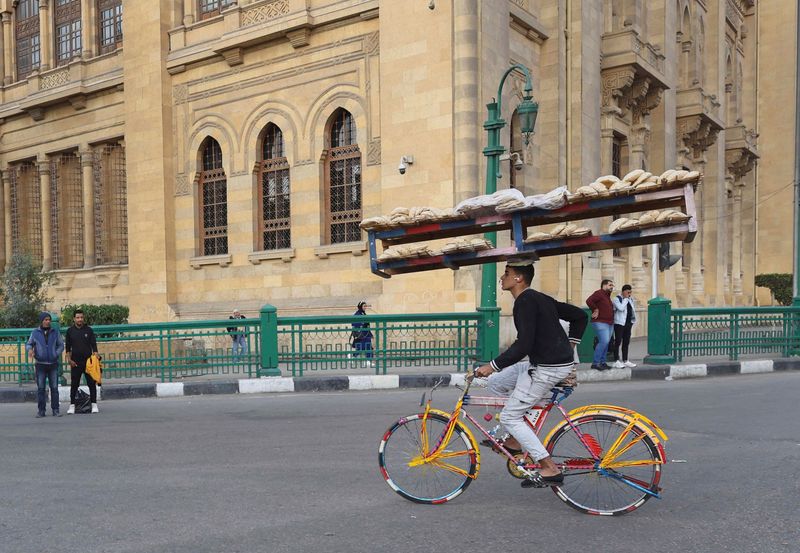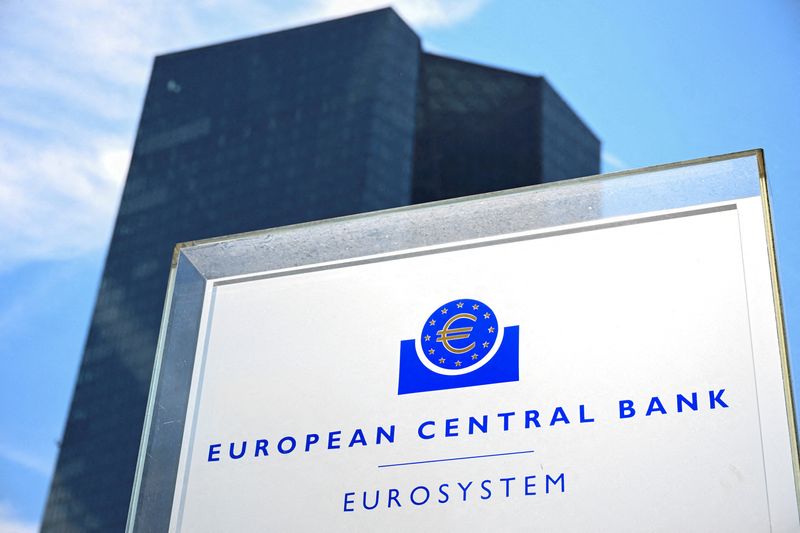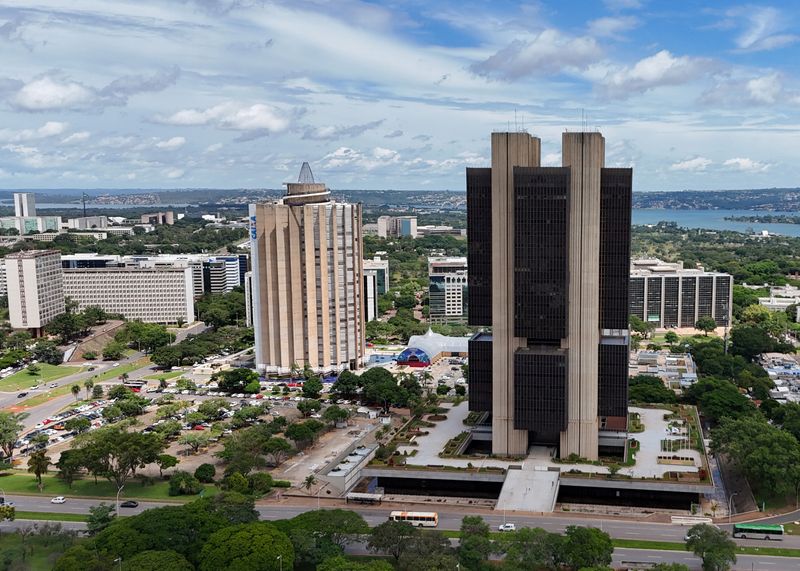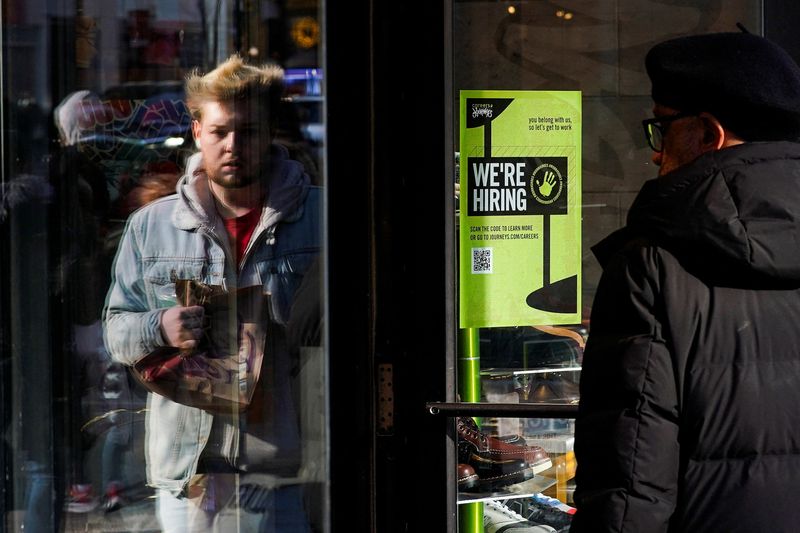By Leika Kihara
TOKYO (Reuters) – Wage hikes are broadening in Japan as structural labour shortages have made firms more aware of the need to keep hiking pay, the central bank said, suggesting that conditions for a near-term interest rate hike were continuing to fall into place.
Some firms were already examining by how much they could raise pay this year, the Bank of Japan said on Thursday, signalling a growing confidence that bumper wage hikes seen last year will continue.
The BOJ has repeatedly said sustained, broad-based wage hikes are a prerequisite to raise short-term interest rates from the current 0.25%, a move some analysts bet could come as early as its policy-setting meeting later this month.
“Rather than take a wait-and-see approach, more firms are announcing their intention to hike pay at an earlier timing than in the past,” Kazushige Kamiyama, the BOJ’s Osaka branch manager, told a news briefing.
“The need to raise pay is more widely shared among small firms,” he said. “We can expect solid wage gains this year.”
In a statement on the health of regional economies, the central bank added that many parts of Japan saw broadening price hikes from firms seeking to pay higher wages.
While some firms were undecided on how much they would raise pay or cautious of hiking wages, others were already discussing details on the pace of rate hikes, the BOJ said.
“Taken together, there were many reports saying a wide range of firms see the need to keep hiking wages,” the central bank said in the statement, which was released after its quarterly meeting of regional managers on Thursday.
The findings are among factors the BOJ will scrutinise at its next policy-setting meeting on Jan. 23-24, when the board will debate whether the economy is strengthening enough to justify raising interest rates further.
“The outcome of the branch managers’ meeting has shown that economic and price developments are moving in line with the BOJ’s forecast,” said Akira Otani, the central bank’s former top economist, who is currently managing director at Goldman Sachs Japan. “The discussions support our view the BOJ will hike rates in January.”
TRUMP UNCERTAINTY LOOMS
In a quarterly report also released on Thursday, the BOJ raised its economic assessment for two of Japan’s nine regions and maintained its view for the remaining areas, saying they were picking up or recovering moderately.
But concern over slowing global demand and uncertainty over U.S. President-elect Donald Trump’s policies cast a shadow over the outlook for Japan’s export-reliant economy.
“We’re monitoring developments carefully, as we could face downside risks depending on the new U.S. trade policy,” a machinery maker in the eastern Japanese city of Maebashi was quoted as saying in the BOJ’s report.
The BOJ ended negative interest rates in March and raised its short-term rate target to 0.25% in July on the view Japan was on track to durably meet the bank’s 2% inflation target.
All respondents in a Reuters poll taken last month expected the BOJ to raise rates to 0.50% by the end of March.
In a news conference after the BOJ’s decision to keep rates steady last month, Governor Kazuo Ueda said he wanted to await more data on whether pay hikes will broaden to more companies in this year’s wage negotiations between firms and unions.
He also cited uncertainty over Trump’s economic policy as a reason to hold off on raising rates in December.
Large Japanese firms are likely to increase wages by about 5% on average in 2025, the same as last year, the chair of a major business lobby said on Tuesday. The key is whether pay hikes will spread to smaller firms in regional areas.
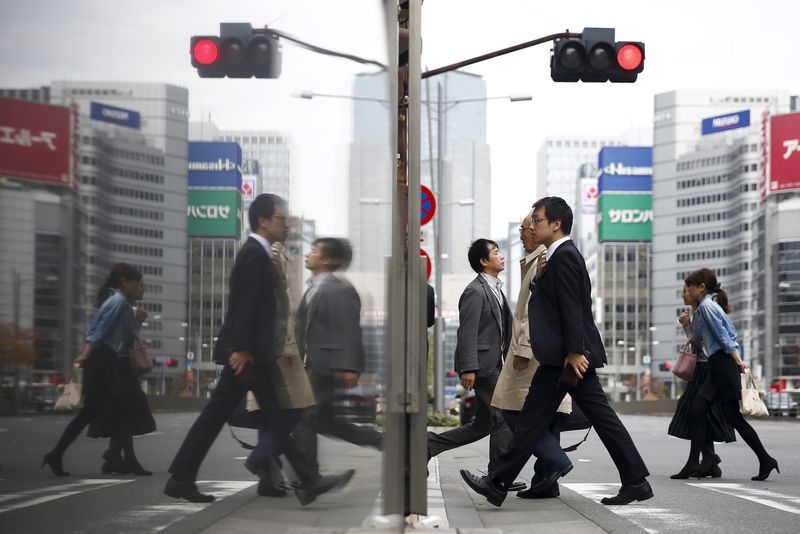
In a positive sign, wage data released earlier on Thursday showed base salary, or regular pay, rose 2.7% in November to mark the fastest increase since 1992.
“As we’ve done in fiscal 2024, we expect to raise wages in 2025 and beyond, and incorporate this idea in our medium-term business plan,” a retail firm in the northern Japanese prefecture of Akita said in the BOJ report.

